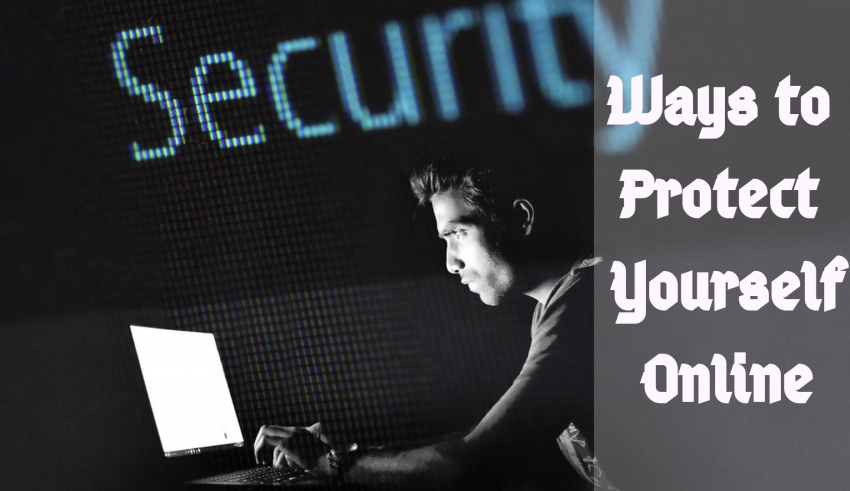
The internet is such a wonderful resource; we can use it to shop online, to research work or school projects, even to connect with family and friends whom we haven’t seen for many years, or who live in different countries. Yet the internet is not without its problems, and security is most definitely one of these issues.
When you are online, it is wise to be as safe as possible to ensure that you can enjoy your online experience and get what you need from it without coming into contact with or being used by any kind of cyberthief.
Here are four of the very best ways to protect yourself online.
A Strong Password 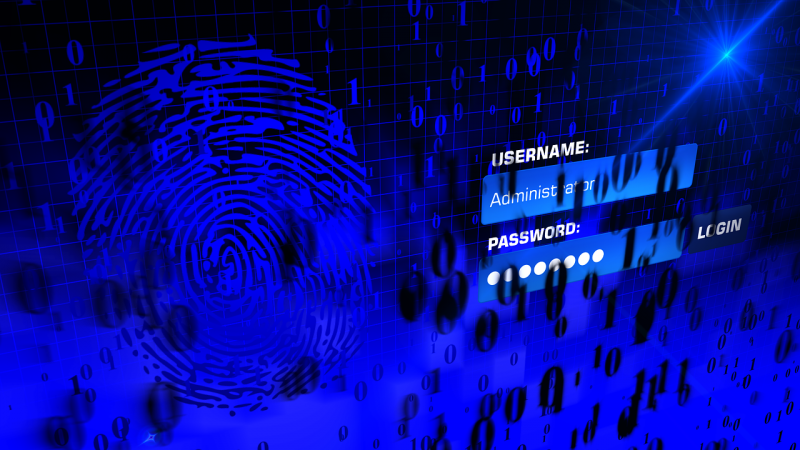
There will be many occasions when you need a password online. Whenever you need to log into an account, whether you are shopping or using social media, amongst many other things, you will need to input your password.
This is to keep your account details safe. Imagine if a cyberthief were able to hack into your online banking account, your Amazon account where you have credit card details stored, or your Facebook account which is linked to your email address, phone number, and tells the thief exactly where you live, who your mother is (and what her maiden name was), and so on. You would be at their mercy.
The problem is this is happening all the time,and identity theft is becoming a big problem. It can take years to put right the damage that is caused.
One way to combat this and to stay safe online is to create strong passwords that are not easy to guess. Use a combination of letters, symbols, and numbers, and make sure you change your passwords at least every six months. It is also not a good idea to use the same password for everything, so make sure they are different. If a hacker cracks one password, they could have access to all of your accounts unless you do this.
Don’t Open Attachments 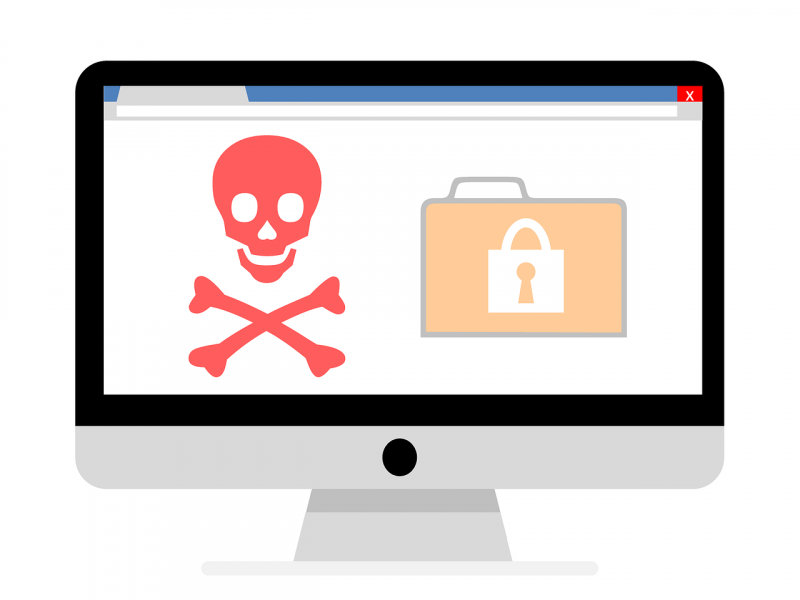
When you go to check your emails, you might have all sorts of messages in your inbox. Some of them will be perfectly legitimate, from family, friends, and from online institutes sending you information or newsletters, for example. Others will be more problematic, and it is these that you need to be careful of.
If you receive an email that is from someone you don’t know, or from someone you do know that looks suspicious, then you should delete it immediately and never click on the link. You should certainly never open the attachment that could have come through at the same time.The message may not sound like something a friend, family, or company would say, or there might be nothing in the email but a link to a website.
This is how viruses are transmitted from computer to computer, and by opening up the attachment, you could accidentally be installing that virus on your laptop or phone or tablet. Once this happens, your data is at risk, and so is the data of everyone you are connected to as the virus can quickly spread.
If you receive an email like this, the best thing to do is to delete it.
Invest In Software 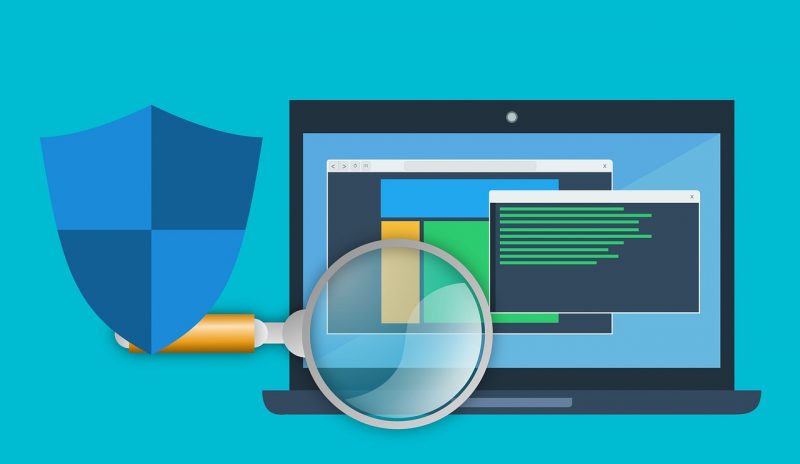
To be as safe as possible, you can invest in specialized software that will protect your computer and all of your information when you are online. Take a look at IdentityForce Review,and you will see how it can be done.
Most antivirus software will be able to stop any malicious attacks from happening, and the majority of the time you won’t even know that anything untoward has occurred.
You can download reports on the activity if you want to, and you will see just how many attacks the software has thwarted. If you hadn’t had the software installed, those attacks could have got through,and you might have been vulnerable and lost vital information.
Check URLs 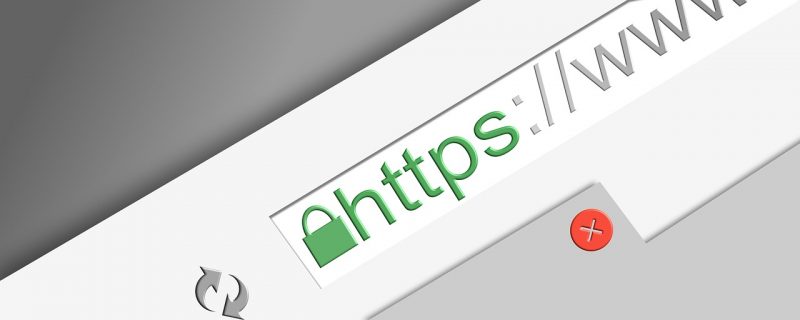
The URL is the website address that you will see in the search bar when you are online. Before inputting any data such as your name, address, and payment details on any site, you should check this URL first. Ideally, you will want to see ‘https’ at the beginning. This shows that the site is secure and that you can fill in the data required to sign up or buy something without worrying.
Also check for spelling errors or signs that this is a fake site and not the one you intended to click on. Scammers can create websites that look remarkably like the real thing, although of course, the URL will need to be different.
One letter out and you could easily think you are using the right site when you aren’t. Double check before you go too far.